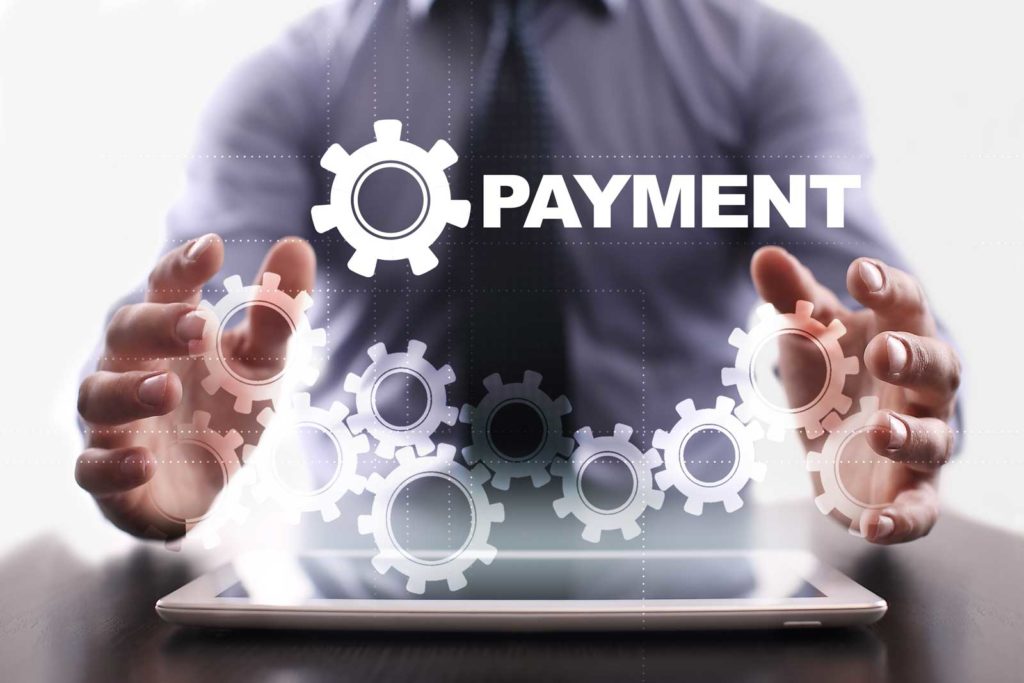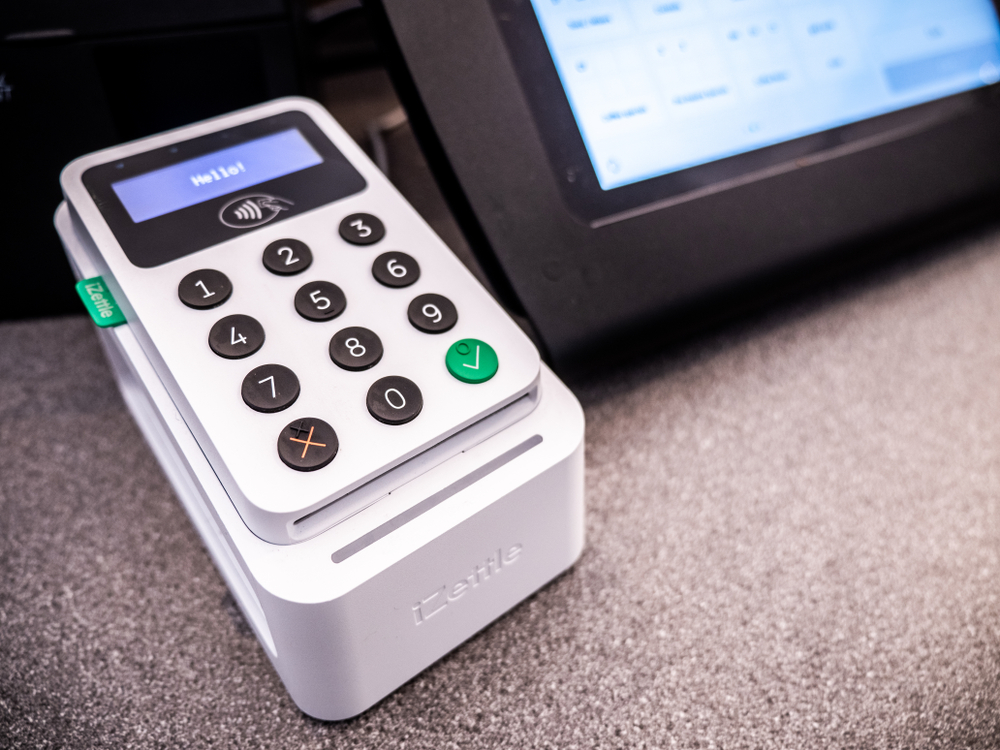What Are High Risk Merchant Accounts?
Regardless of your business type, if you want to accept card payments, you’ll need a merchant account. They’re a fundamental part of managing a company and if you don’t yet have one, getting a merchant account should be a top priority. And when you look into your options, you may encounter the words “high-risk merchant account.”
This phrase can be alarming but don’t panic too much. Here at Business Quotes, we’ve helped guide plenty of customers towards the ideal merchant account and encountered high risk ones before. Don’t be put off by the name, here’s all you need to know.

What Is A High Risk Merchant Account?
For the sake of clarity, we should state that it is not the merchant account itself that is considered to be high risk, but the business that it’s being granted to. This designation is applied by the banks and is intended to highlight businesses that are thought to be less stable. If it happens to you, there could be several reasons why. You may handle high-value international transactions, operate in an industry that’s considered controversial or unpredictable, or you might have a poor credit history. It could even be something as simple as the fact your business is brand new and has an unproven track record.
As their name suggests, high risk merchant accounts are designed for businesses that might be excluded from running regular merchant accounts. Their fees are generally more expensive and they face greater scrutiny.
This can be irritating and you may feel as if you’re being treated unfairly, but the good news is that it’s not permanent. Providing you work with the processor and take all necessary steps to reduce fraud and chargebacks, you’ll eventually be considered low risk.
Furthermore, there are several benefits of high risk merchant accounts. For anyone with a poor credit history, they’re a good way to start rebuilding your rating. They allow you to do business in more precarious sectors, but which can also be hugely profitable (for example, ticket services). Plus, they tend to give you increased chargeback protection than standard merchant accounts.
Which Merchant Account Is Right For You?
Several merchant account providers have options for high risk businesses. For example, WorldPay are one of the most recognisable names in the industry and offer high risk merchant accounts with reasonable monthly fees. Alternatively, you might want to consider PayPal, whose pay-as-you-go pricing structure is good for companies where the volume of card transactions varies from month to month.
These two are just the tip of the iceberg and there are many others out there. When the time comes to choose the right one, you’ll need to consider the following:
- The fees
- Whether to have a monthly or pay-as-you-go package
- Payment transfer time
The last one in particular is easy to overlook, but it can have serious implications so make sure you understand it inside and out. Payment transfer time is how long it takes for money to move from the merchant account to your bank account, and the difference in a few days can have a big impact on your cash flow.

Understandably, you might feel put out if you discover your business is classed as high risk. Try not to take it personally though and remember that it needn’t last forever. Once you’ve got some solid footing beneath you, have improved your credit history and demonstrated the viability of your business, you’ll be able to transfer to low risk status.
And if you need any assistance finding the best high risk merchant account, you can rely on Business Quotes. Use the comparison tool below and within minutes, we’ll be able to point you in the right direction.
Categories: Advice, General, Merchant Accounts
Tags: high risk merchant accounts, merchant accounts, merchant accounts for small businesses, small businesses



